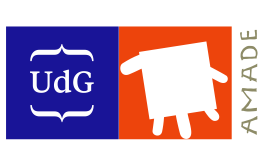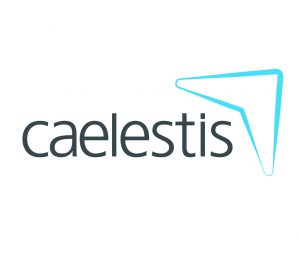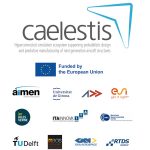STARTING THE NEW HORIZON EUROPE ‘CAELESTIS’ PROJECT
AMADE participates in the Horizon European project CAELESTIS which stands for “Hyperconnected simulation ecosystem supporting probabilistic design and predictive manufacturing of next generation aircraft structures”, with a duration of 42 months from May 2022 to November 2025. The project counts......
08 junio, 2022 1 Like





